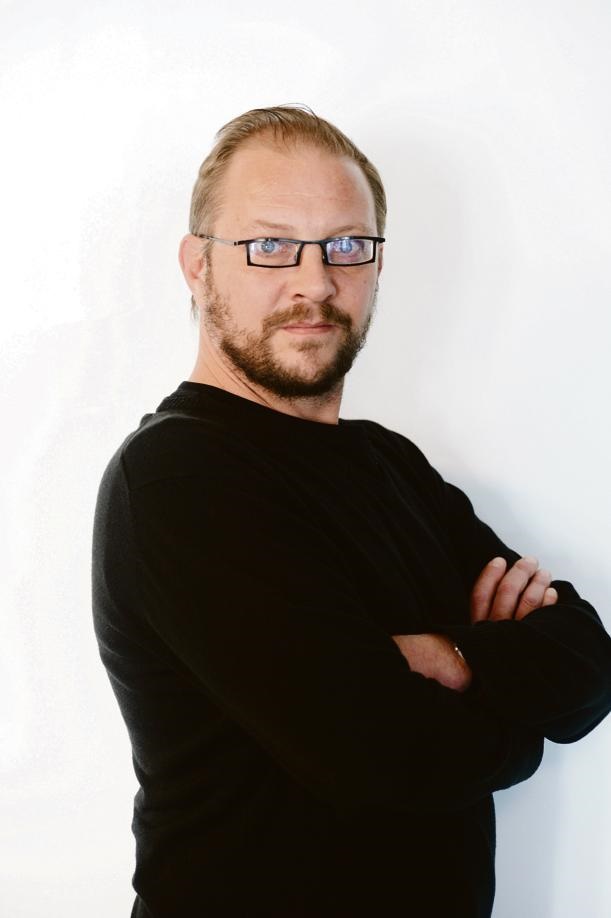
Voices critical of the governing party have steadily been silenced at the SABC for years already, notably under the reign of chief operating officer Hlaudi Motsoeneng.
Mostly as a result of his personal decrees, there have been talk shows pulled; satirical adverts banned; documentaries canned; a policy decision to cut the use of external commentators and political analysts; a sunshine editorial decision to broadcast 70% good news...
So, as we entered 2016, many of us thought the SABC’s state-sanctioned censorship of diverse political views had reached its most critical point. But we should know by now never to say that things can’t get any worse.
On May 26, the SABC released a statement that was its most contentious editorial policy to date. It said it had noted the rise of violent service delivery protests, and that it “would like to condemn the burning of public institutions and has made a decision that it will not show footage of people burning public institutions like schools in any of its news bulletins with immediate effect. We are not going to provide publicity to such actions that are destructive and regressive.”
This undermining of a rounded, unbiased and independent news service is particularly worrying in an election year in a country in which about 12.3 million radio listeners rely solely on the public broadcaster for news, and where 7 million of the 12 million TV-owning households rely exclusively on free-to-air TV news.
Motsoeneng’s protest censorship, say civil society and social justice groups such as the SOS Coalition, Media Monitoring Africa and the Freedom of Expression Institute, is unlawful.
So they took the matter to the complaints and compliance committee of the Independent Communications Authority of SA (Icasa), the state’s independent media regulatory body.
A ruling is still to be handed down, but last week, as protesters sang and chanted outside, the three complainants argued that Motsoeneng’s editorial decision was in breach of provisions of the Broadcasting Act, as well as the SABC’s licences (which Icasa issues and must regulate).
Section 10(1)(d) of the act requires the SABC to provide coverage of “significant news and public affairs programming which meets the highest standards of journalism, as well as fair and unbiased coverage, impartiality, balance and independence from government, commercial and other interests”. This is strengthened by other provisions of the act.
They further argued: “The blanket ban would deny South Africans the right to know about the nature and extent of community residents’ dissatisfaction with their local government councillors and authorities.”
And they once again highlighted concerns about the SABC’s official editorial policies, which were revised in February.
The complainants raised “concerns about whether those editorial policies were lawfully adopted in view, for example, of the lack of public participation around them”.
“We have already seen how, under these illegitimately revised editorial policies in which upward referral of editorial decisions is now mandatory, engagement with topical issues of significant public interest such as alleged state capture has been censored,” they said.
And the SABC’s counter-argument at that hearing?
Observers describe it as embarrassing. SABC’s senior advocate argued that the broadcaster had a duty to protect young viewers from violent images. South Africans are bad parents, is what one took away from the argument. He could not offer scientific research to back up this line of reasoning.
Censorship is in action at SABC, say the complainants.
But this week, Motsoeneng famously commented: “What is this censorship thing? It is English, so I don’t know it. There is no censorship here.”




 Publications
Publications
 Partners
Partners








